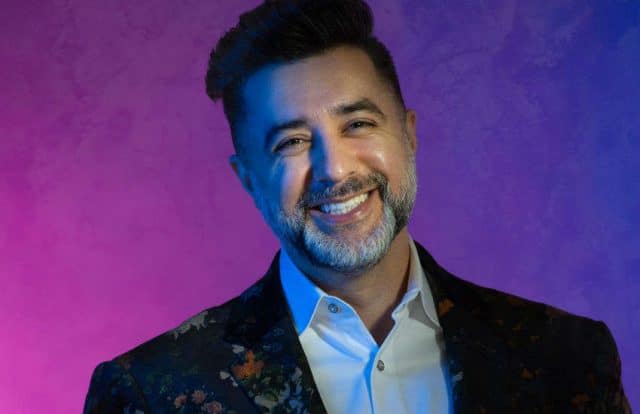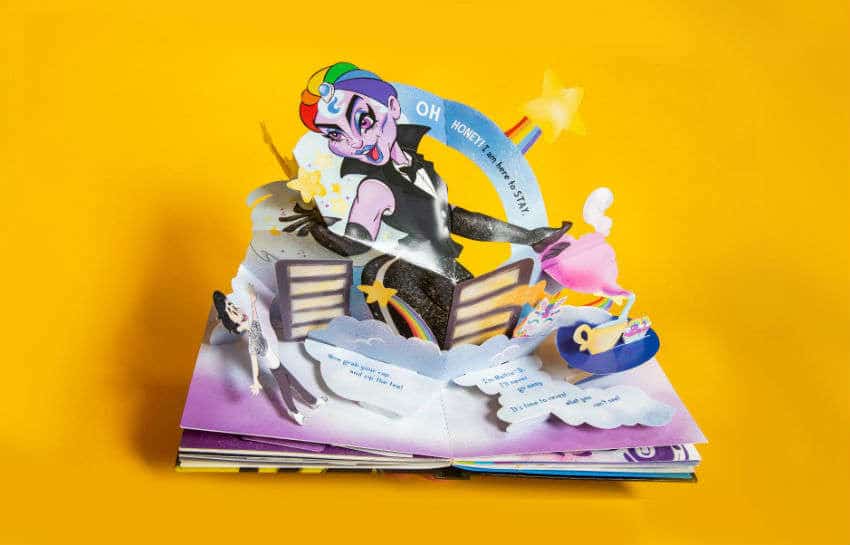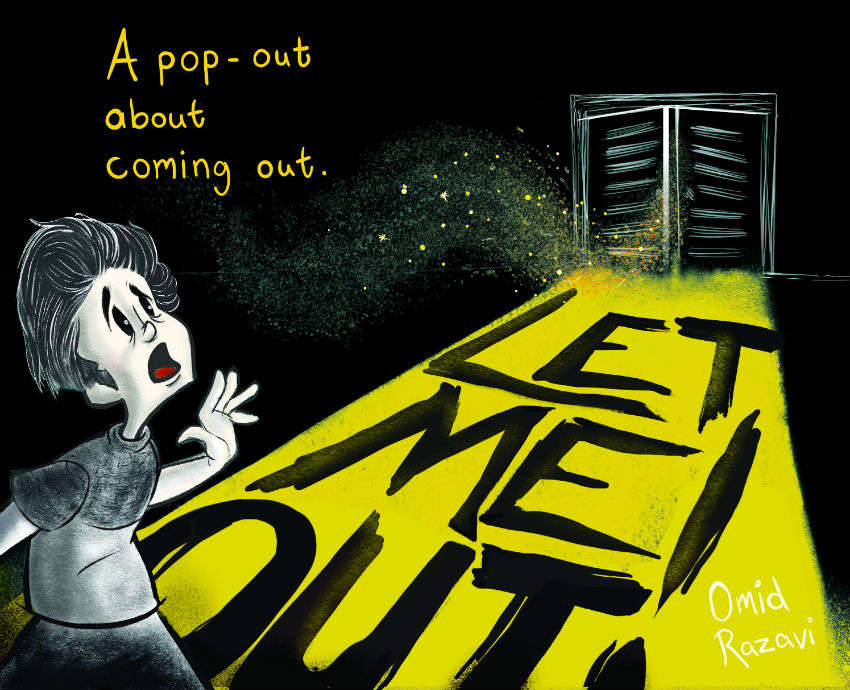
This year we proudly recognise the 50th anniversary of the Stonewall riots. This pivotal moment in LGBTQ+ history laid the foundations of the equal rights movement.
It is only when I reflect on this momentous landmark of queer history that I begin to shamefully wonder why I only learnt about the importance of the Stonewall riots in my thirties.
Personally, the 90s was my defining era: a time filled with equal parts neon and camp, yet also a time of minimal representation and sensationalised stereotypes.
As a Canadian youth struggling with my identity, I didn’t have access to the LGBTQ+ representation that is increasingly available for our youth today. Rupaul’s Drag Race? Nope. Queer Eye? Nope.
My only relatable content was either a kitchen table conversation of four elderly women and their penchant for strawberry cheesecake. Or a movie about drag queens played by three cis heterosexual men as they professed their love for Julie Newmar.
Without knowing why, I always knew I felt a strong connection with characters like the Yet I was always very much aware of the shame I felt at the thought of being caught watching these TV shows, and I would immediately change the television channel before someone caught me watching for the hundredth time.
As I write this article and relive those memories, I’m eager to revisit my education with a critical gaze.
Never once in my teens was I introduced to any form of dialogue about what the LGBTQ+ acronym stood for. In fact, the word ‘gay’ only ever made an appearance as a common school yard jab.
In school, I remember US history fascinated me. From the American Civil War to the Declaration of Independence, I would spend hours rifling through history books, absorbing every detail about US presidents and their first ladies.
Little did I know that the topic of queer history, which would resonate with me most in my adult life, was completely dismissed.
I have no recollection of ever covering anything that related to the Stonewall riots, and I can say with certainty that my education would never have introduced me to the bravery of the likes of Marsha P. Johnson, Sylvia Rivera, and all the others who courageously stood their ground for equal rights.
Perhaps if my education had exposed me to these heroes, I may have been able to address the struggle with my sexuality sooner, and ultimately save myself from another decade of denial and turmoil.
This willing dismissal and erasure of anything LGBTQ+ within my education essentially denied me the resources I needed to better understand myself and others.
Thankfully many institutions, states, provinces and countries are now mandating to include LGBTQ+ and diversity education within their classrooms, and in doing so, our youth are increasingly exposed to queer history, as well as important topics of gender identity and LGBTQ+ definitions.
Yet there remains work to be done.

Pages from Omid’s book, Let Me Out (Photo: Supplied)
I recently presented my new children’s book, Let Me Out: a pop-out about coming out, to my seven year old niece. The book uses pop-up elements to embrace the journey of coming out, ending with a final message of inclusivity: ‘You are perfect whether or not you are L,G,B, or T!’
Despite the fact that my niece has known me and my husband as a couple for her entire life, after closing the book, she looked up to me and asked me what LGBT meant.
This question is exactly why I decided to create this book – to spark opportunities for conversation. Let Me Out was designed as a resource to not only introduce an LGBTQ+ landscape, but to promote the theme of self-acceptance, regardless of the readers sexuality.
Our youth deserve access to LGBTQ+ and diversity education. Our youth should be encouraged to discuss an array of topics, and be provided a safe space to do so.
While our institutions are beginning to realise the merits of introducing LGBTQ+ education and resources to their classrooms, steps forward have been met with significant backlash.
In 2018, the newly elected Conservative government of Ontario decided to rewind the 2015 curriculum back to 1998. In doing so, they removed any reference to topics like same-sex couples and consent.
The government even went so far as to develop a snitch line for parents who feared their children were being taught modern issues by rogue teachers who vowed to continue teaching components of the 2015 curriculum.
We can do better than this. Our future generations deserve better. Those who have fought for our rights in the past deserve to know that we are doing better.
The 50th anniversary of the is not just a date to remember, but a date that encourages us to challenge bigotry and hate. Together we must strive for equal rights, as until we are all equal, none of us are.
Omid Razavi is an LGBTQ+ advocate based in Toronto, Canada. He currently serves as the Director of Communications for Pflag Canada and is the author of new children’s LGBTQ+ book – Let Me Out: a pop-out about coming out. The book is available to purchase at .

Let Me Out by Omid Razavi
Gay Star News is commemorating 2019 as the 50th anniversary year of the Stonewall Riots. Our Stonewall 50 Voices series will bring you 50 guest writers from all around the world. They will be discussing the past, present and future of our struggle for love and liberation.







